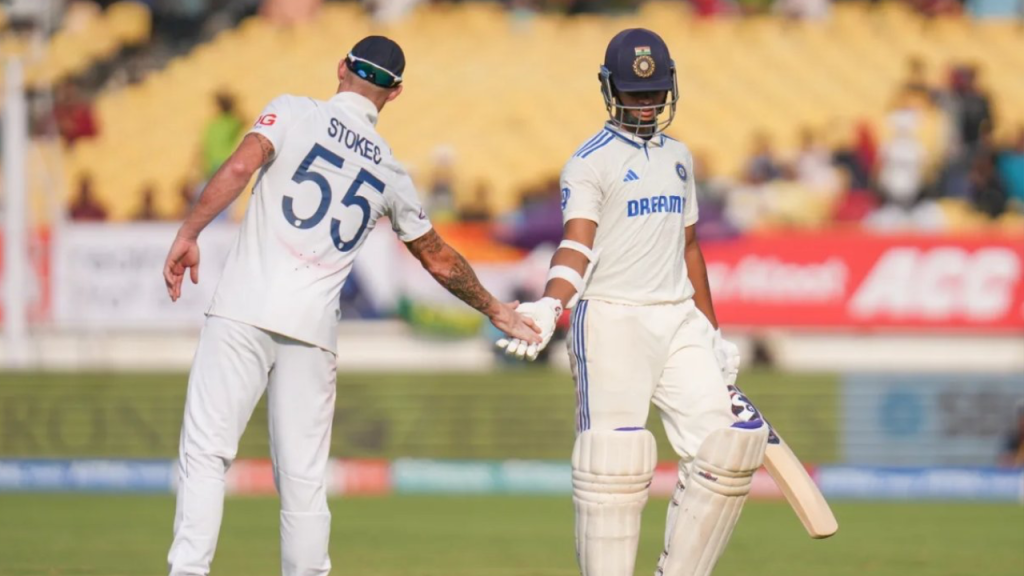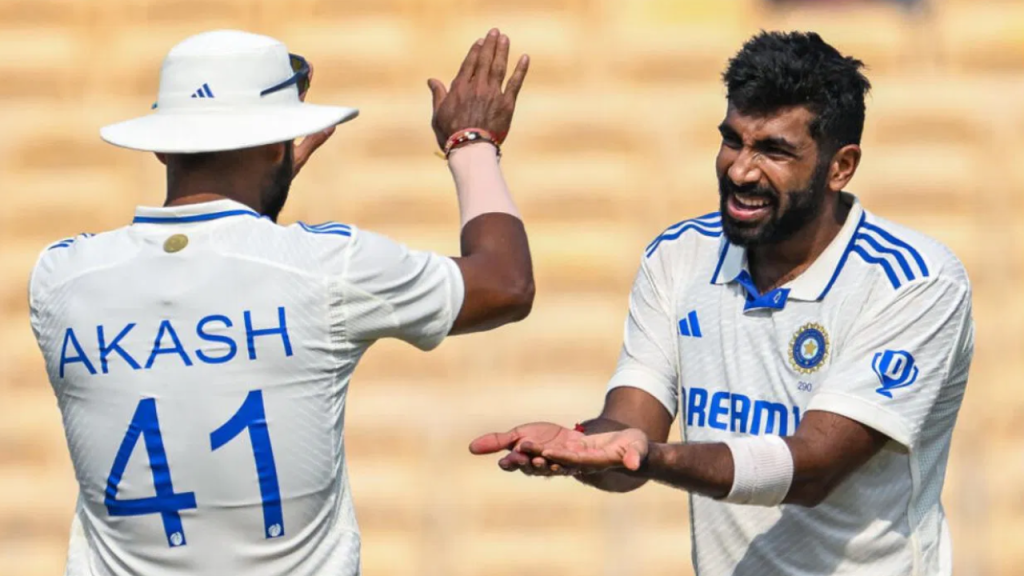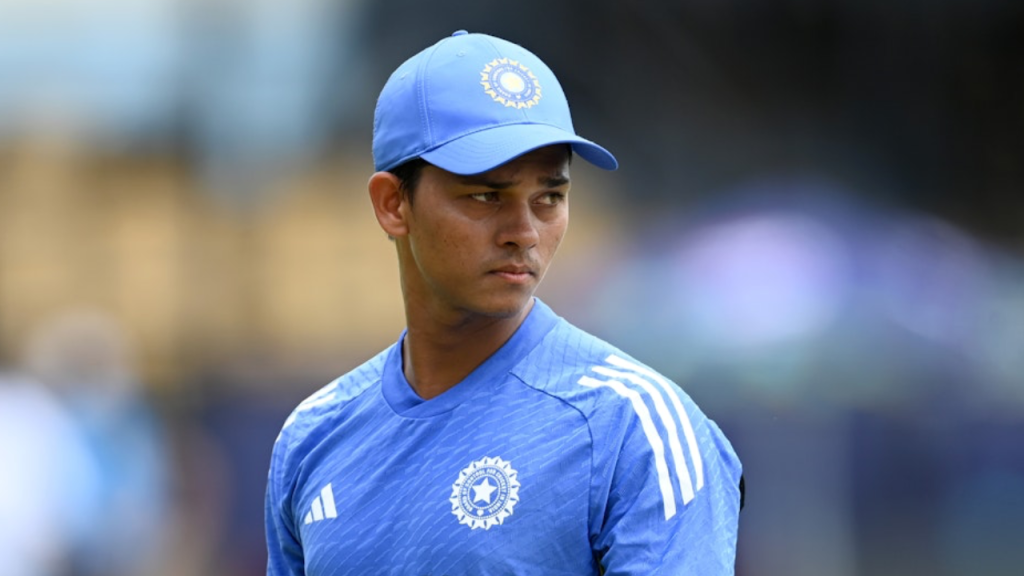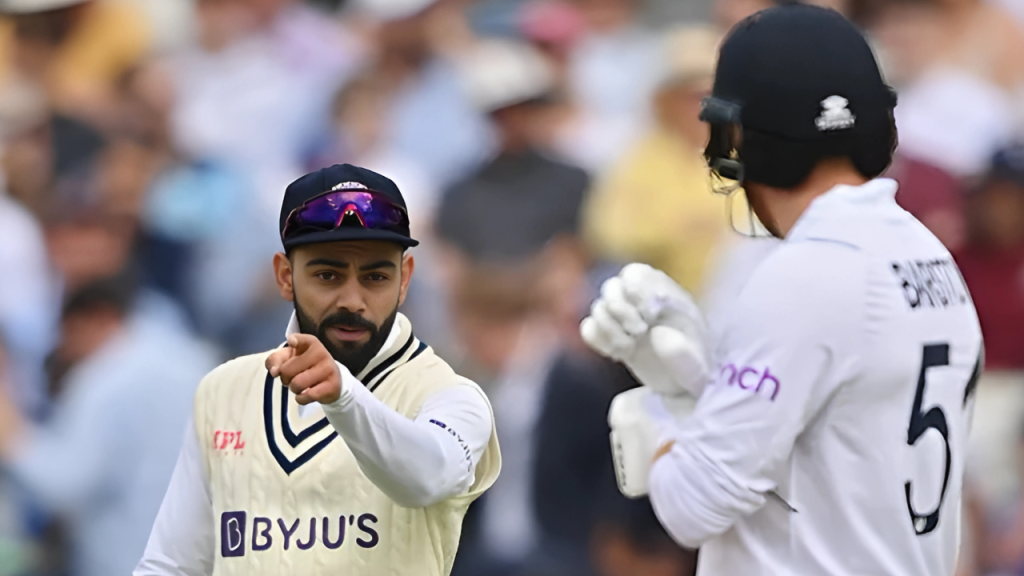In a surprising turn of events in Indian cricket, Harbhajan Singh, a former cricketing stalwart, has voiced his disappointment over the selection of Suryakumar Yadav as India’s T20I captain, advocating instead for Hardik Pandya. This opinion, shared across various platforms, including X, has sparked a debate on leadership, fitness, and the future of Indian cricket’s T20 strategy.
The Case for Hardik Pandya
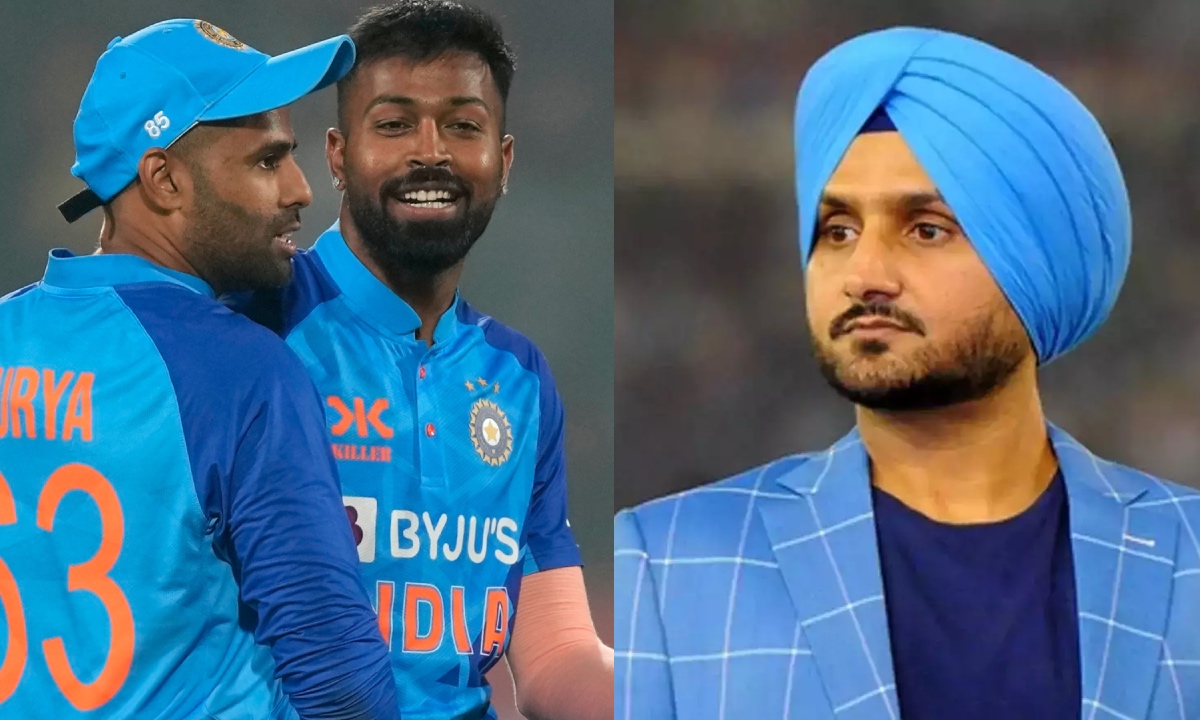
Harbhajan’s argument hinges on several points, primarily the experience and readiness of Hardik Pandya for the captaincy role. “You don’t play a lot of T20Is these days, and the calendar for the next two or three years is already with the selectors,” Harbhajan remarked, indicating that the workload and frequency of T20 matches should not have been a significant concern for Pandya’s fitness. He emphasized that Pandya had already led the team in Rohit Sharma’s absence, showcasing both his capability and readiness to take on the mantle full-time.
“I don’t know why his fitness was highlighted while giving leadership to SKY. I don’t have anything against Surya. He is an outstanding and selfless person. I know he was not expecting to get the captaincy. Hardik is unlucky,” he said.
The Fitness Debate
The crux of Harbhajan’s critique lies in the decision-making process by the Board of Control for Cricket in India (BCCI) and the selection committee. “They should have spoken to Hardik Pandya about the upcoming series in the shortest format and explained to him what was needed,” he suggested, pointing towards a lack of communication or perhaps a misunderstanding regarding Pandya’s fitness and commitment. This statement reflects a broader sentiment among cricket enthusiasts and former players about the transparency and rationale behind such pivotal decisions.
Moreover, Harbhajan’s comments on fitness being highlighted as a reason for not appointing Pandya seem to resonate with many who argue that modern cricket management should be adept at managing players’ workloads and fitness, especially for a versatile all-rounder like Pandya. “By logic, Hardik deserved to lead India, as he didn’t do anything wrong,” Harbhajan added, underlining the perceived injustice in the decision.
Suryakumar Yadav’s Unexpected Rise
The mention of Suryakumar Yadav, or “SKY” as he’s popularly known, being an “outstanding and selfless person” yet not expected to get the captaincy, adds another layer to the discussion. It suggests that while Yadav’s appointment might have been unexpected, it wasn’t necessarily undeserved in the eyes of the selectors. However, Harbhajan’s point here is more about the missed opportunity for Pandya rather than a critique of Yadav’s capabilities.
Implications for Indian Cricket
This stance by Harbhajan Singh not only stirs the pot of cricketing discussions but also brings to light the complexities of leadership selection in modern cricket. It’s not just about who can lead but also about managing expectations, fitness, and the psychological impact on players when such decisions are made.
Hardik Pandya, known for his dynamic gameplay and leadership qualities, especially in the IPL where he led Gujarat Titans to victory, was seen by many as the natural successor. Harbhajan’s support for Pandya, therefore, isn’t just about backing a player but questioning the criteria that define leadership in today’s cricketing landscape.
As the debate continues, it’s clear that the decision to appoint Suryakumar Yadav over Hardik Pandya will be scrutinized for some time, with Harbhajan Singh’s comments adding fuel to the fire. Whether this discussion leads to a reevaluation of selection criteria or simply remains a topic of debate among fans and experts, only time will tell.
